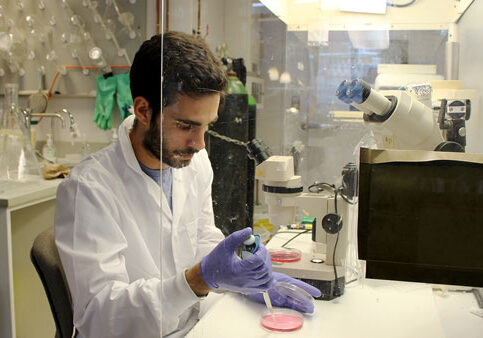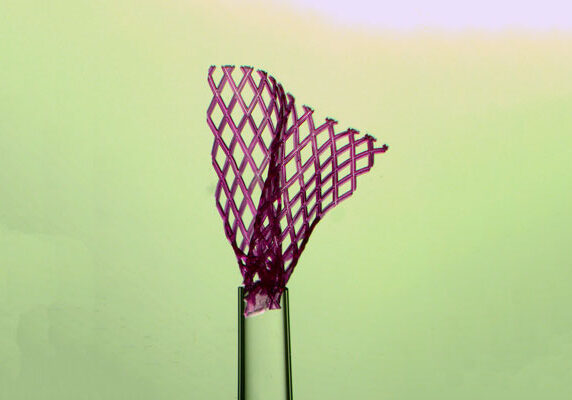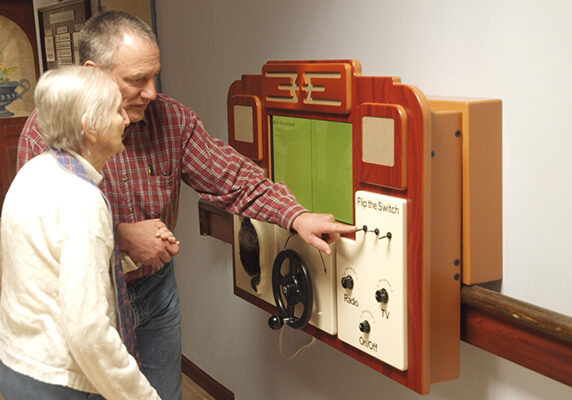
U of T Engineering researchers develop technologies to reduce problem behaviours in people with dementia
Research-industry partnership to premiere first products on December 7 at Baycrest Hospital in Toronto
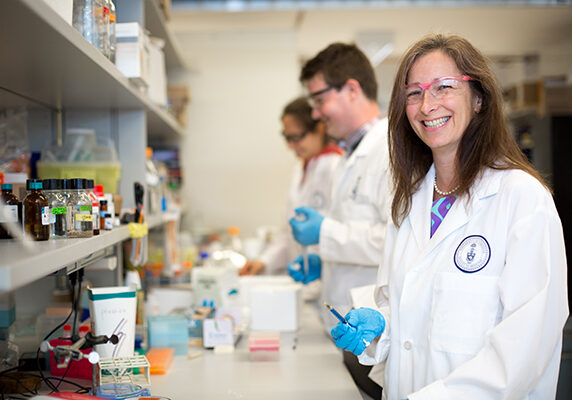
Molly Shoichet named Ontario’s first Chief Scientist
New position will advise government on science-based policy and champion high quality science in government and education
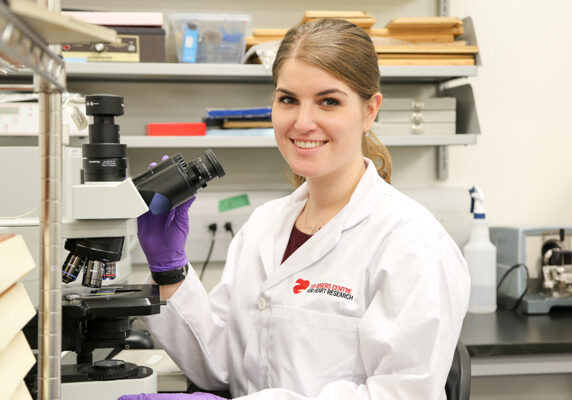
She was born with heart defects. Now she’s researching a cure
Bailey Bernknopf is one of 88 students joining U of T’s Insititute for Biomaterials & Biomedical Engineering this fall
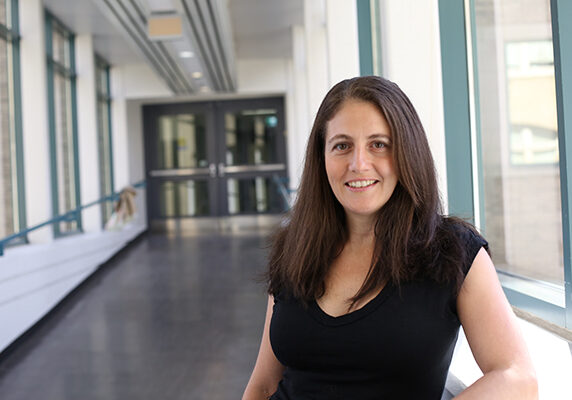
Expert in microfabrication and disease modelling awarded Connaught Fund McLean Award
Alison McGuigan (ChemE) receives $125,000 prize for her work that aims to create better mechanisms for predicting how well promising drugs will work in patients
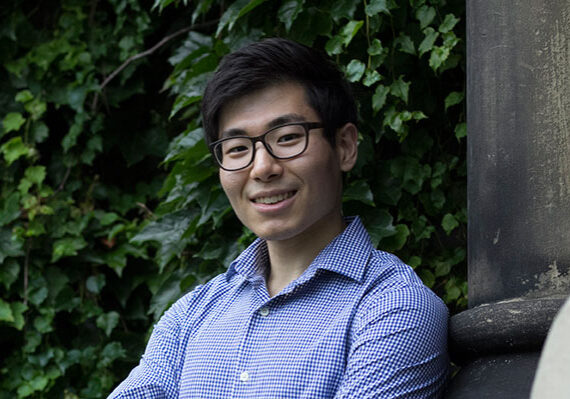
Addressing unique patient needs with technology: U of T offers engineering training to medical students
Master of Engineering program gives MD students advanced tools to understand the design of medical technologies
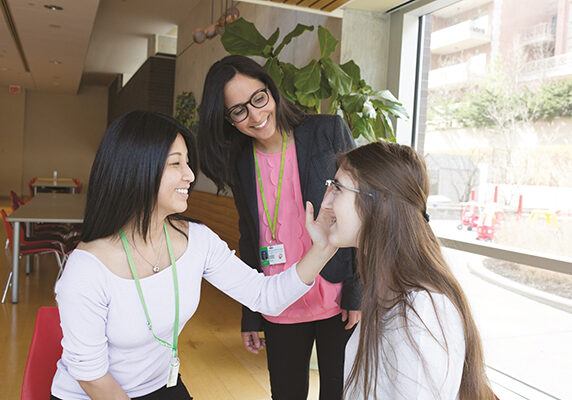
Google Glass app helps autistic children with social interactions
IBBME Azadeh Kushki and her team designed social-skills coach to help children with autism spectrum disorder (ASD)
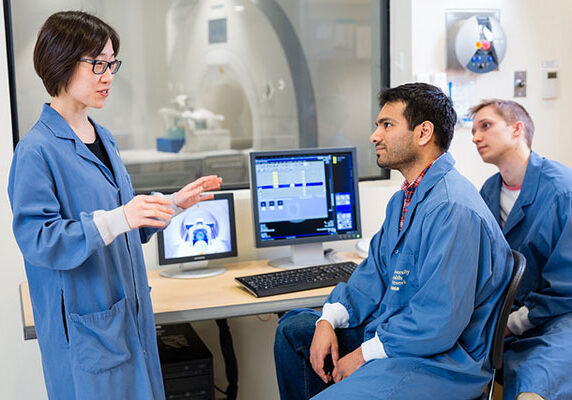
New course on advanced MRI techniques will teach students new ways to detect disease at earlier stages
Professor Hai-Ling Margaret Cheng’s graduate course will cover some of the latest in magnetic resonance imaging techniques, offering new solutions for human health challenges

